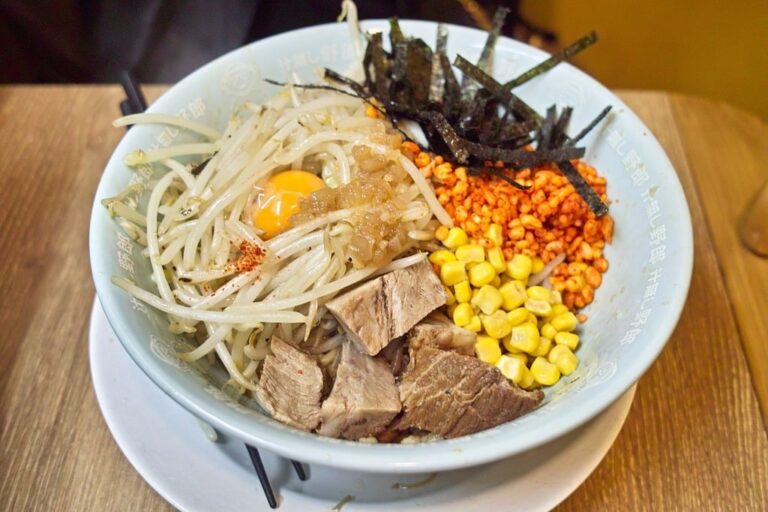
Cold Miso Ramen
Cold Miso Ramen features chilled ramen noodles served with a miso-based sauce or dressing. The dish is typically topped with cold veggies.
Ramen Database > Types of Ramen
These cold ramen dishes offer a delightful way to enjoy ramen even in the heat, providing a mix of refreshing flavors and textures.

Cold Miso Ramen features chilled ramen noodles served with a miso-based sauce or dressing. The dish is typically topped with cold veggies.

Hiyashi Tanmen is a refreshing Japanese cold ramen with vegetables. Learn about its light, tangy broth, chewy noodles, and vibrant toppings.
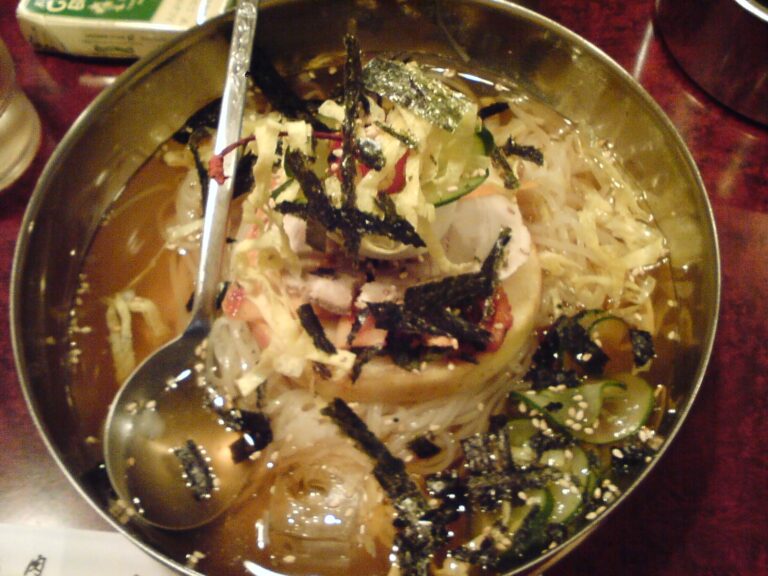
Reimen is a refreshing Cold Korean Ramen dish perfect for summer. It has a spicy, tangy broth, chewy cold noodles, and uses various toppings.
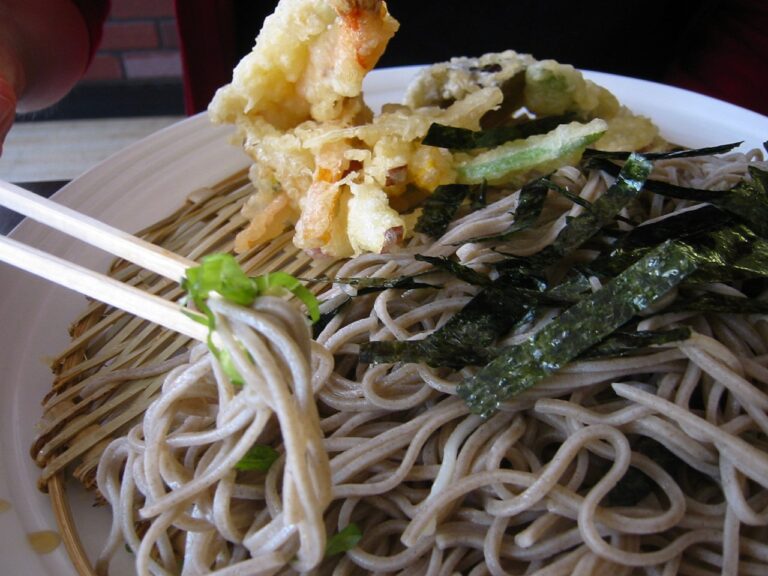
Zaru Ramen, inspired by Zaru Soba, consists of chilled ramen noodles served on a bamboo tray, accompanied by a dipping sauce called tsuyu.
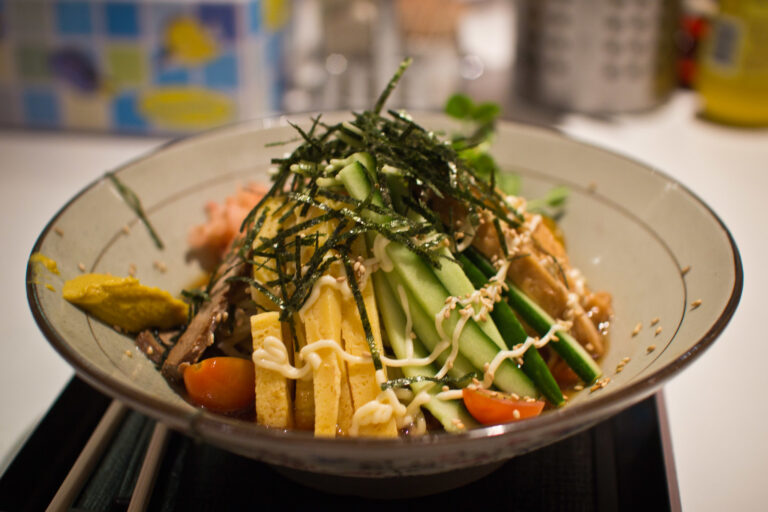
Hiyashi Chuka is a popular Japanese cold ramen dish, often enjoyed in the summer. It features chilled ramen noodles topped with ingredients.
Ramen is often classified by the type of broth used. The broth forms the foundation of the ramen’s flavor profile, ranging from light and clear to rich and creamy. Each type of broth brings a unique taste and character to the dish, defining the overall experience.
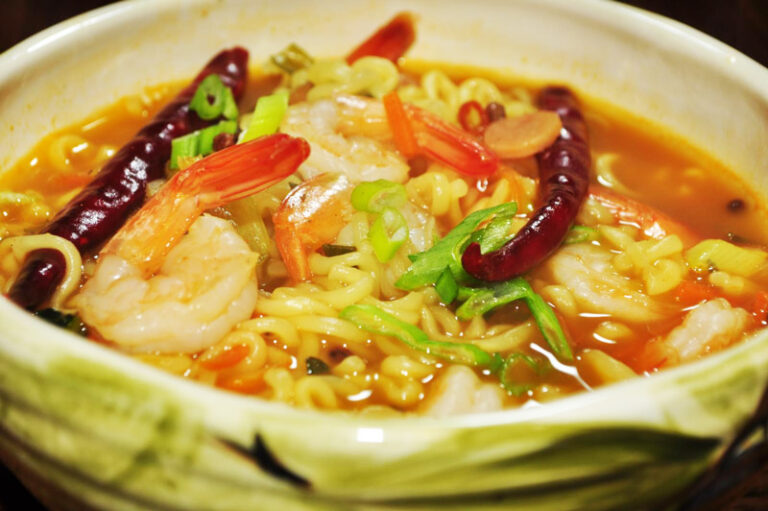
Spicy Garlic Shrimp Ramen is a bold, flavorful ramen style that combines the sweetness of shrimp with the heat of chili and garlic.
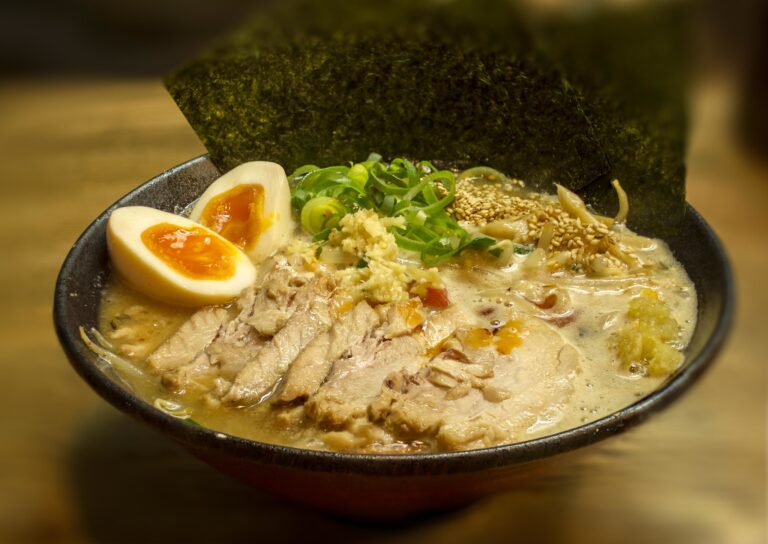
Miso Ramen originates from Hokkaido and features a robust miso-based broth, as well as ground pork, corn, and a blend of savory toppings.

Shoyu ramen uses a clear and salty soy sauce broth and is considered fairly balanced, with many comforting flavors.
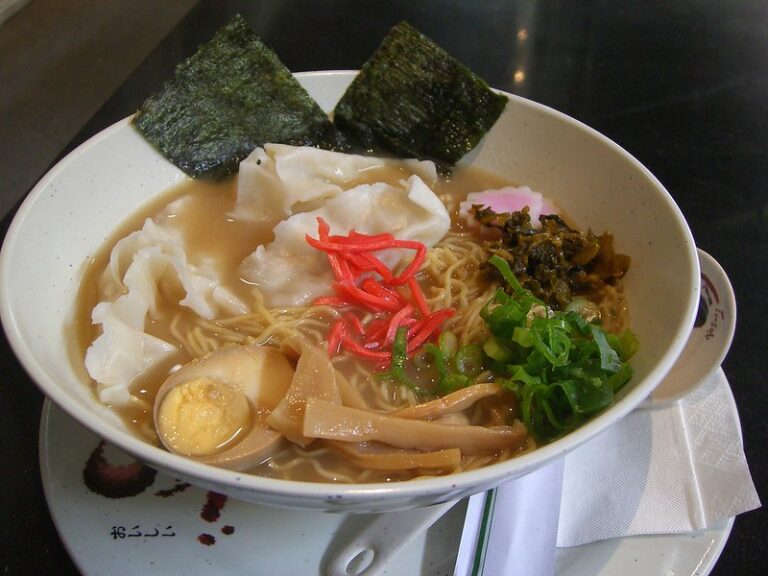
Seafood Tonkotsu Ramen is a variation of traditional tonkotsu ramen that blends the richness of pork bone broth with the depth of the sea.
Japan’s diverse regions have their own unique takes on ramen, each influenced by local ingredients and culinary traditions. Regional styles of ramen showcase a variety of flavors, noodle types, and toppings, reflecting the rich cultural tapestry of Japanese cuisine. Each style offers a distinct and authentic taste, representing the culinary heritage of its place of origin.
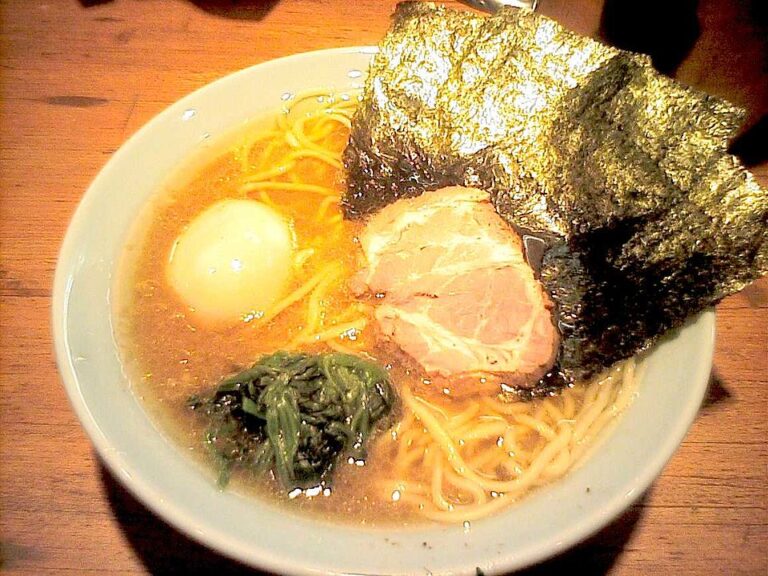
Ie-kei ramen or “house-style ramen” is a rich, satisfying ramen style that originated in Yokohama in the 1970s.
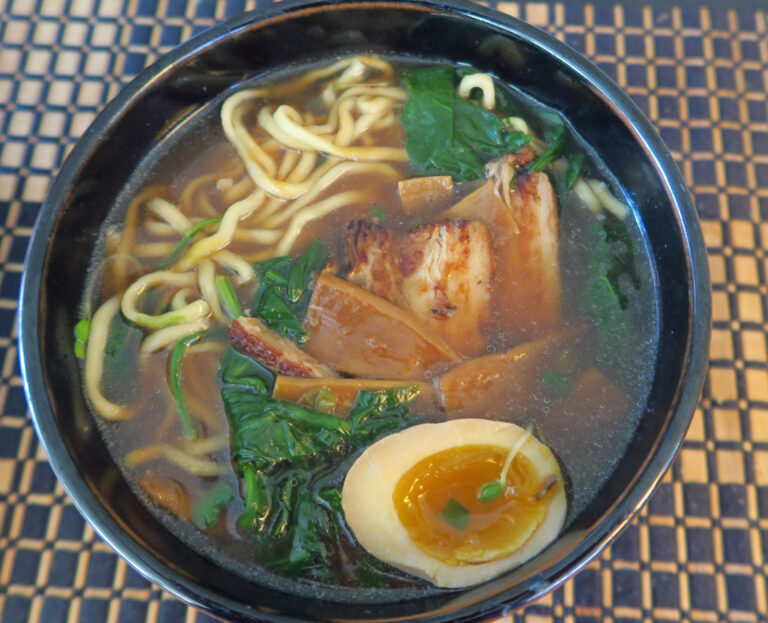
Tokyo ramen is a beloved Japanese soup known for its clear shoyu broth, firm curly noodles, and a soy-flavored chicken broth.
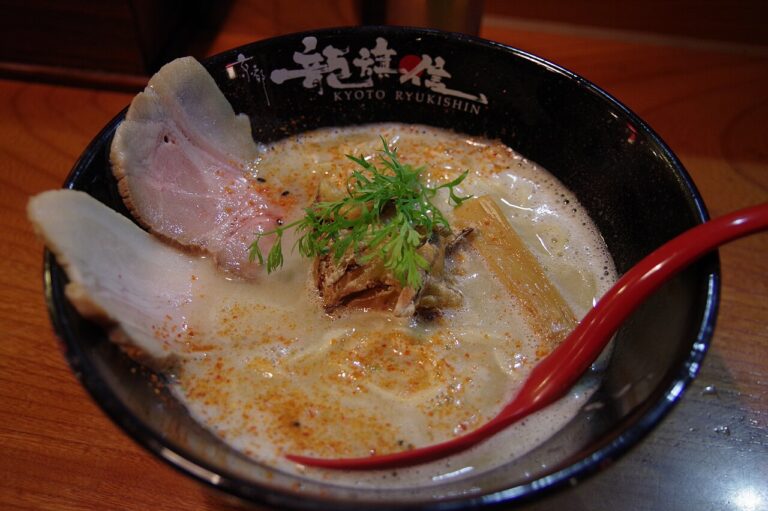
Kyoto ramen is a popular regional specialty known for its balanced shoyu-chicken broth and medium-thick curly noodles.

Kurume ramen is a flavorful regional specialty from Fukuoka Prefecture. It has a creamy tonkotsu broth and uses thin noodles.
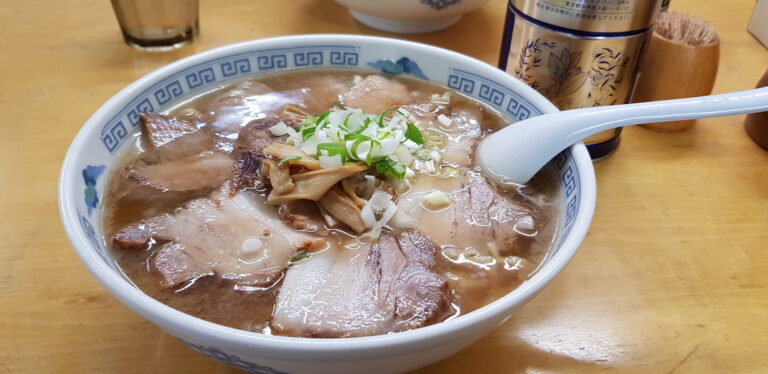
Kitakata ramen is a savory variety from Fukushima, Japan. It has a light broth and uses thick and wavy noodles.
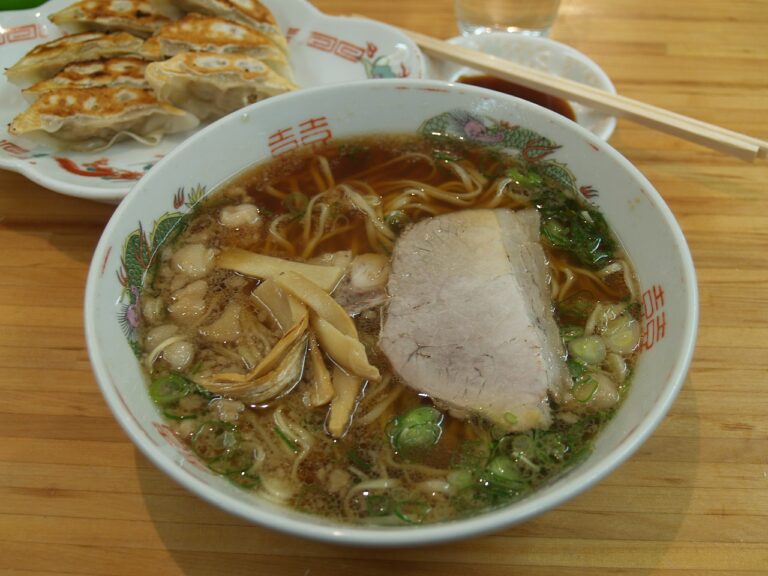
Onomichi ramen is a regional specialty from Hiroshima Prefecture with a clear soy sauce-based broth with fish stock and thin flat noodles.

Wakayama ramen is a regional specialty combining shoyu and tonkotsu broths. It uses chuka soba or Chinese noodles.
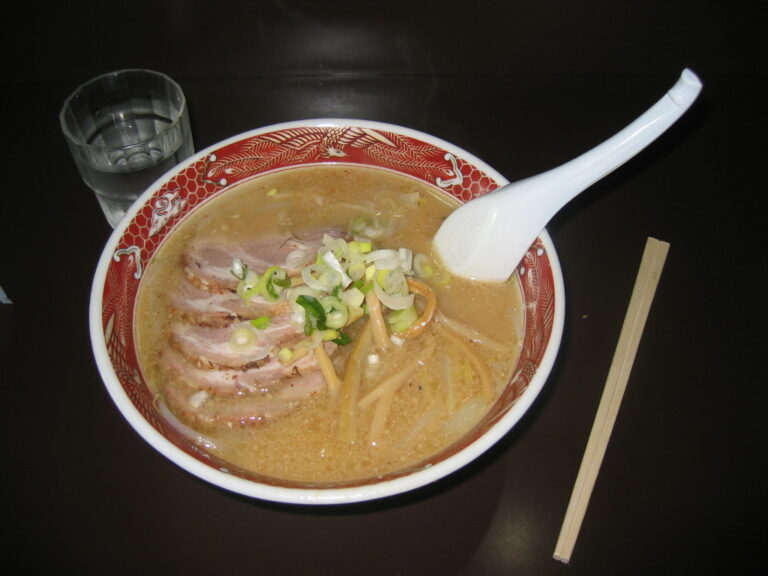
Sapporo ramen is hearty and flavorful and originates from Hokkaido, Japan. It uses a rich red miso-based broth and chukamen noodles.
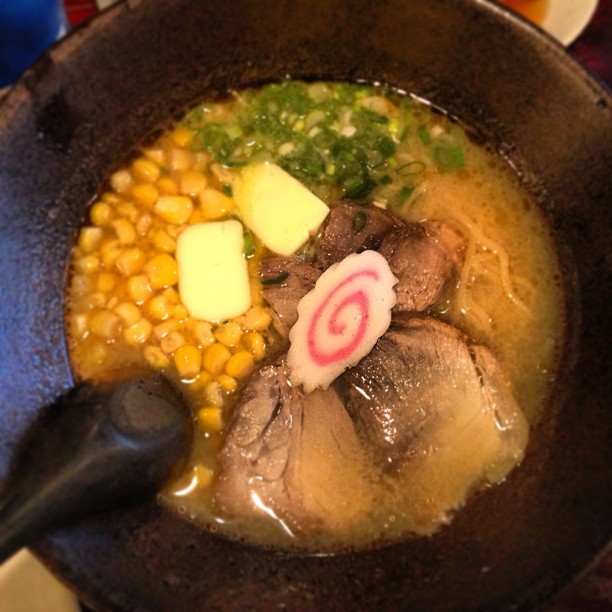
Butter corn ramen is a Hokkaido specialty known for its creamy broth, sweet corn, and savory butter. It is also topped with corn.
![Types of Ramen: Hakata Ramen. Image courtesy of [cipher] via Flickr Commons.](https://ramendatabase.com/wp-content/uploads/2024/06/Types-of-Ramen_Hakata-Ramen-768x510.jpg)
Hakata Ramen originates from Fukuoka and features a rich and milky tonkotsu broth and toppings like chashu and pickled ginger.
If you are looking for ramen books, tools, and ingredients for your next experiment, here is a selection of my top resources and accessories. You can get them all online! There is more, though. Click here to see the whole shop.